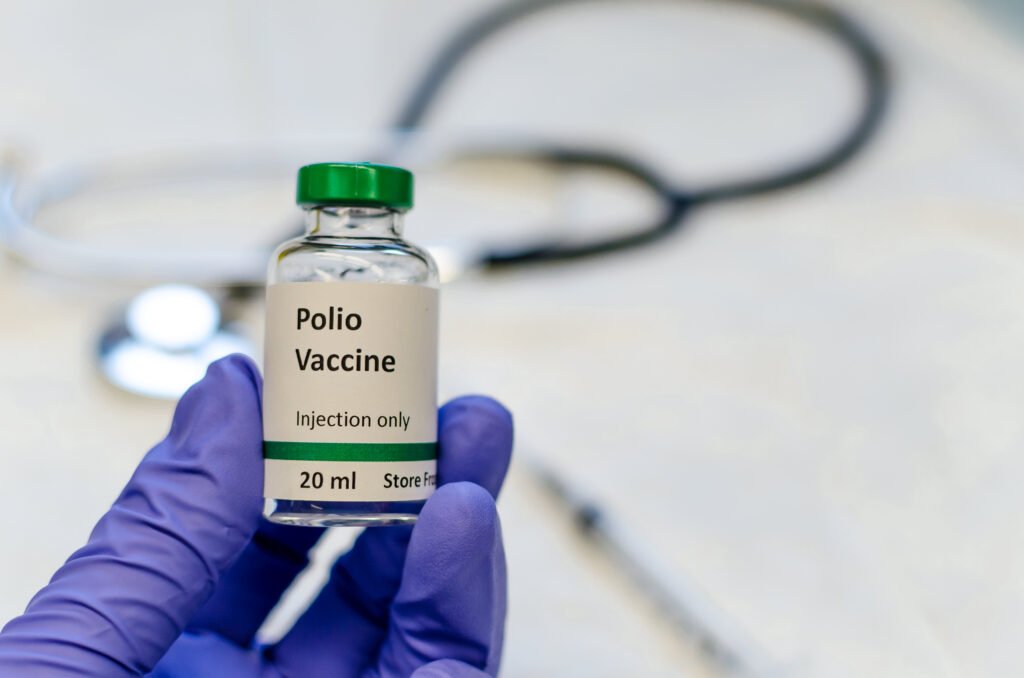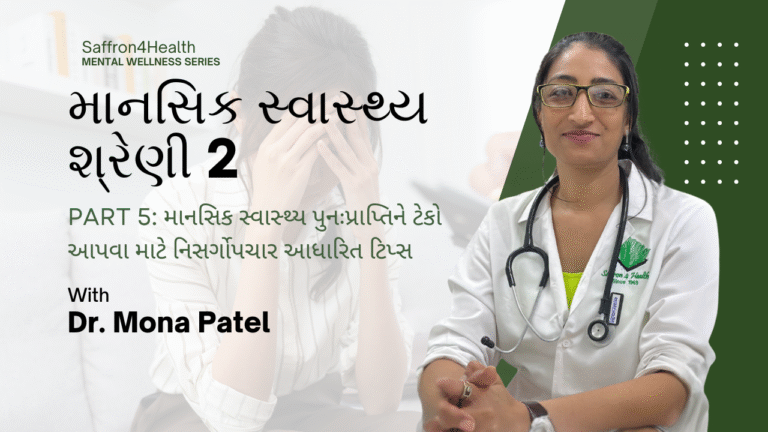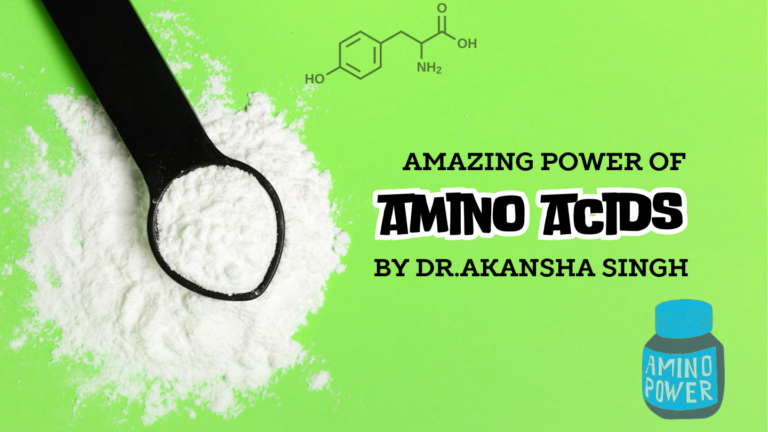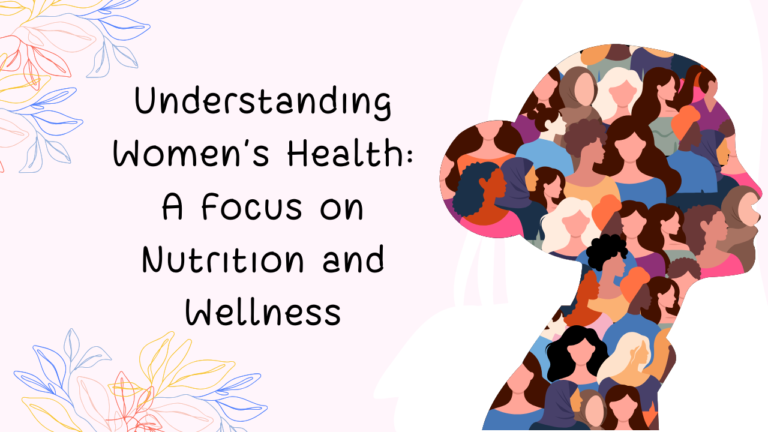Vaccine & Food Supplement
Vaccine & Food Supplement

Vaccine: A Powerful Tool for Public Health:
Vaccines are hailed as one of the most impactful medical interventions in human history. They have significantly improved public health and longevity by preventing a wide range of infectious diseases. Vaccines work by stimulating the immune system to recognize and fight specific pathogens, such as bacteria or viruses, without causing the disease itself. This process helps the body develop immunity against future infections.
Importance of Vaccines:
Vaccines play a crucial role in preventing diseases that were once widespread and deadly. Diseases like smallpox, polio, and measles, which used to claim millions of lives, have been largely eradicated or brought under control through vaccination programs. Vaccines not only protect individuals who receive them but also help to create herd immunity. This means that when a large percentage of the population is vaccinated, it becomes difficult for the disease to spread, protecting those who cannot be vaccinated, such as newborns or individuals with certain medical conditions.
Effects on Natural Immunity:
Some people wonder if vaccines affect our natural immunity. It’s important to understand that vaccines work with the body’s immune system to help it recognize and fight specific pathogens. While natural immunity occurs after exposure to a disease, it can sometimes come at a cost of severe illness or even death. Vaccines, on the other hand, provide a safer way to build immunity without the risks associated with contracting the disease.
How Useful Are Vaccines?

Vaccines are incredibly useful tools in public health, providing a range of benefits that extend beyond individual protection. Here are some keyways in which vaccines are valuable:
- Disease Prevention: Vaccines protect against severe diseases that can cause long-term health complications and death. Diseases like measles, polio, and smallpox, which used to cause widespread morbidity and mortality, have been dramatically controlled or eradicated in regions with effective vaccination programs.
- Public Health Improvement: By reducing the incidence of infectious diseases, vaccines decrease the strain on healthcare systems. Fewer disease outbreaks mean fewer hospitalizations, which allow healthcare resources to be allocated to other critical areas.
- Economic Benefits: Vaccines contribute to economic stability by reducing healthcare costs associated with treating diseases and by minimizing time lost from work due to illness. Healthy populations are more productive and place less financial burden on their societies and healthcare systems.
- Protection of Future Generations: Some vaccines, like the rubella vaccine, protect future generations by preventing congenital rubella syndrome, a condition that can cause serious birth defects. Widespread vaccination can also lead to the eventual eradication of diseases, protecting future generations entirely from those diseases.
Overall, vaccines are a cornerstone of public health, providing significant benefits to individuals, communities, and societies as a whole. Continued efforts to promote vaccination and ensure access to vaccines are essential for maintaining these benefits and protecting global health.
Do We Really Need Vaccines?
- Given their profound impact on health and longevity, vaccines are an essential component of modern public health.
- Prevention vs. Treatment: It is generally more effective and less costly to prevent a disease than to treat it after it has occurred. Vaccines provide a proactive means of disease prevention, which is especially crucial for highly infectious diseases that can spread rapidly in unvaccinated populations.
- Herd Immunity: Vaccines are crucial for protecting those who cannot be vaccinated, such as new-borns or those with certain medical conditions, through herd immunity. This occurs when a high percentage of the community is vaccinated, thus providing a measure of protection for individuals who are not immune.
Vaccines are a vital tool in protecting public health. They not only protect individuals from serious diseases but also contribute to the overall health and well-being of communities by preventing outbreaks and reducing healthcare costs. Continued efforts to promote vaccination and ensure access to vaccines are essential for maintaining these benefits.
Effects on Natural Immunity:
Vaccines have revolutionized the way we protect ourselves from infectious diseases, providing a safer and more effective alternative to natural infection. Here are some key effects of vaccines on natural immunity:
- Long-lasting Immunity: Many vaccines provide long-lasting immunity that is similar to the immunity gained through natural infection. For some diseases, like measles and hepatitis B, the immunity following vaccination can last a lifetime.
- Training the Immune System: Vaccines work by mimicking an infection, stimulating the immune system to develop a memory of the disease without causing the disease itself. This “training” helps the immune system to respond more efficiently and effectively if exposed to the actual pathogen in the future.
- Safety in Vulnerable Populations: Natural infection can be dangerous, particularly for individuals with weakened immune systems, infants, and the elderly. Vaccines provide a safe way for these populations to develop immunity without the risks associated with the natural disease.
- Potential for Disease Eradication: Vaccination has the potential to completely eradicate diseases, a feat impossible through natural infection alone. The eradication of smallpox and the near-eradication of polio are testament to the power of vaccines.
In conclusion, vaccines are a crucial tool for protecting ourselves and our communities from infectious diseases. They not only provide long-lasting immunity but also train our immune systems to respond effectively to future threats. By continuing to vaccinate, we can prevent outbreaks, protect vulnerable populations, and work towards the eradication of deadly diseases.
Pros of Vaccines with Examples:
Vaccines have had a profound impact on public health, preventing millions of deaths and reducing the burden of infectious diseases. Here are some key benefits of vaccines, along with examples of vaccines that have made a significant impact:
- Prevention of Diseases:
- Example: Measles Vaccine – Highly effective in preventing measles, a disease that can lead to severe health complications like pneumonia, encephalitis, and death. The vaccine has drastically reduced measles rates worldwide.
2. Reduction in Disease Spread:

- Example: Polio Vaccine – Polio was a cause of widespread paralysis and death until the polio vaccine nearly eradicated it globally. The vaccine stops the spread of the poliovirus among populations.
3. Decrease in Complications and Deaths:
- Example: Influenza Vaccine – Reduces severity and complications associated with the flu, such as respiratory issues and worsening of chronic medical conditions. It significantly lowers hospitalization rates among high-risk populations, including the elderly and those with pre-existing health conditions.
4.Cost-effective Healthcare:
- Example: Hepatitis B Vaccine – By preventing Hepatitis B, a major cause of liver cancer and cirrhosis, this vaccine reduces long-term healthcare costs related to the treatment of chronic liver disease and liver cancer.
5. Eradication of Diseases:
- Example: Smallpox Vaccine – Led to the eradication of smallpox in 1980. This was a groundbreaking achievement in public health, saving millions of lives.
6. Safety and Efficacy:
- Example: HPV Vaccine – Demonstrates high efficacy in preventing human papillomavirus infections that can lead to cervical cancer, other genital cancers, and throat cancer. Extensive safety monitoring shows the vaccine has a low risk profile.
7. Protection for Vulnerable Populations:

- Example: Pneumococcal Vaccine – Protects against pneumococcal disease, which can cause pneumonia, meningitis, and sepsis. It is especially important for protecting infants and the elderly, who are most at risk.
In conclusion, vaccines are a cornerstone of public health, providing significant benefits to individuals and communities. Their impact on preventing diseases, reducing complications and deaths, and protecting vulnerable populations cannot be overstated. Continued efforts to promote vaccination and ensure access to vaccines are essential for maintaining these benefits.
Cons of Vaccines with Examples:
While vaccines offer numerous benefits, there are also some challenges and considerations associated with their use. Here are some cons of vaccines along with examples:
1. Side Effects:
- Example: Rotavirus Vaccine – Generally safe and effective, but in rare cases, it has been associated with intussusception, a type of bowel blockage that is treatable but serious.
2. Misinformation and Skepticism:
- Example: MMR (Measles, Mumps, Rubella) Vaccine – Erroneous reports linking the MMR vaccine to autism have been scientifically discredited. However, the misinformation persists and contributes to vaccine hesitancy.
3. Access and Inequality:
- Example: COVID-19 Vaccines – Initial rollout highlighted global disparities in vaccine access between developed and developing countries, impacting global control of the pandemic.
4. Logistical Challenges:
- Example: Ebola Vaccine – Requires storage at extremely low temperatures, complicating distribution efforts, especially in regions lacking infrastructure like rural Africa.
5. Duration of Protection:
- Example: Tetanus Vaccine – Requires booster shots every 10 years to maintain immunity, which can be a challenge in maintaining long-term protection across populations.
6. Ethical and Legal Issues:
- Example: COVID-19 Vaccine Mandates – Debates over vaccine mandates raise questions about personal freedoms vs. public health needs, illustrating the ethical and legal challenges in implementing widespread vaccination programs.
Each of these examples underscores the balance between the significant benefits of vaccines and the challenges and considerations that must be managed to maximize public health benefits.
Overall, the pros of vaccines generally far outweigh the cons, particularly in terms of global health improvement and disease prevention.
Food Supplements— Do we really need it?
In today’s fast-paced world, maintaining a balanced diet rich in essential nutrients can be challenging. Factors such as busy schedules, dietary restrictions, and poor soil quality can all contribute to nutrient deficiencies. Food supplements have become increasingly popular as a way to bridge the gap between what we should eat and what we actually consume. Here are some reasons why food supplements can be beneficial:
NUTRIENT DEFICIENCIES:
In today’s fast-paced world, many people may not consume a balanced diet due to busy schedules or limited access to nutritious foods. Food supplements can help fill nutrient gaps; ensuring individuals meet their daily requirements for essential vitamins and minerals.
1. DIETARY RESTRICTIONS:
Certain dietary restrictions, such as veganism or food allergies, can make it challenging to obtain all necessary nutrients from food alone. Supplements can provide a convenient and reliable way to ensure these individuals get the nutrients they need without compromising their dietary preferences or health.
2. POOR SOIL QUALITY:
Industrial farming practices have led to a decline in soil quality, resulting in lower nutrient levels in crops. As a result, even those consuming a varied diet may not be getting optimal levels of certain nutrients. Supplements can help compensate for this decline in food nutrient density.
3. LIFESTYLE FACTORS:

Factors such as stress, pollution, and exposure to environmental toxins can increase the body’s need for certain nutrients. Food supplements can support overall health and well-being by providing additional nutrients to counteract the effects of these stressors.
4. AGING POPULATION:
As people age, nutrient absorption may decline, and certain health conditions may increase the body’s nutrient requirements. Food supplements can play a crucial role in supporting healthy aging by ensuring older adults get the nutrients they need to maintain optimal health and independence.
In conclusion, while it’s ideal to obtain nutrients from a balanced diet, food supplements can be a valuable addition for those who may not get enough nutrients from food alone. They can help fill nutrient gaps, support overall health, and ensure individuals get the essential nutrients they need to thrive.
PROS:
Food supplements have become increasingly popular as a way to enhance our diets and ensure we get the nutrients we need. Here are some of the key advantages of food supplements:
- Convenience: Supplements offer a quick and easy way to fill nutrient gaps in our diets, especially in busy lifestyles.
- Addressing Dietary Restrictions: They can be beneficial for individuals with specific dietary needs, like vegetarians or vegans, who may struggle to obtain certain nutrients from food alone.
- Targeted Nutrition: Supplements can provide targeted nutrients for specific health concerns, such as calcium for bone health or omega-3 fatty acids for heart health.
- Nutrient Boost: In cases of deficiency or inadequacy, supplements can provide a concentrated source of nutrients to support overall health.
In conclusion, food supplements can be a convenient and effective way to enhance our diets and ensure we get the nutrients we need for optimal health. While they should not replace a balanced diet, supplements can complement our dietary intake and help us maintain overall health and well-being.
CONS:
While food supplements offer many benefits, there are also some drawbacks to consider:
- Lack of Regulation: The supplement industry is not as tightly regulated as pharmaceuticals, leading to concerns about product quality, safety, and efficacy.
- Potential for Harm: Excessive intake of certain supplements, such as vitamins and minerals, can lead to toxicity and adverse health effects.
- Not a Substitute for Whole Foods: Relying solely on supplements may encourage a “pill-popping” mentality and neglect the importance of a balanced diet rich in whole foods.
- Cost: Quality supplements can be expensive, and their long-term use may strain the budget without necessarily providing significant health benefits.
In conclusion, while food supplements can be a useful addition to a healthy lifestyle, it’s important to use them judiciously and in conjunction with a balanced diet and regular physical activity. Consulting with a healthcare professional can help ensure that supplements are used safely and effectively.
Example: Vitamin D Supplementation:

Vitamin D is essential for bone health and overall well-being, but deficiency is common, especially in regions with limited sunlight exposure. While vitamin D supplements can help address this deficiency, excessive intake can lead to toxicity.
Consider the case of a person who decides to take high doses of vitamin D supplements without consulting a healthcare professional. Over time, this individual may develop symptoms of vitamin D toxicity, such as nausea, vomiting, weakness, and kidney problems. This highlights the importance of using supplements judiciously and under the guidance of a healthcare professional.
It’s crucial to strike a balance between obtaining adequate vitamin D from sunlight and food sources and using supplements when necessary. Regular monitoring of vitamin D levels and consultation with a healthcare professional can help ensure that individuals are getting the right amount of vitamin D for optimal health without risking toxicity.
Conclusion:
Food supplements can be a useful addition to a healthy lifestyle, but their use should be approached cautiously. While they can help fill nutrient gaps in certain situations, it’s important to prioritize obtaining nutrients from a varied and balanced diet rich in whole foods.
Consulting with a healthcare provider before starting any supplement regimen is advisable to ensure safety and effectiveness. A healthcare provider can help determine if supplements are necessary, recommend appropriate dosages, and monitor for any potential side effects or interactions with medications.
Ultimately, while food supplements can play a role in supporting overall health, they should not be seen as a substitute for a healthy diet and lifestyle. By focusing on whole foods and using supplements judiciously under the guidance of a healthcare professional, individuals can optimize their nutrient intake and promote long-term health and well-being.







